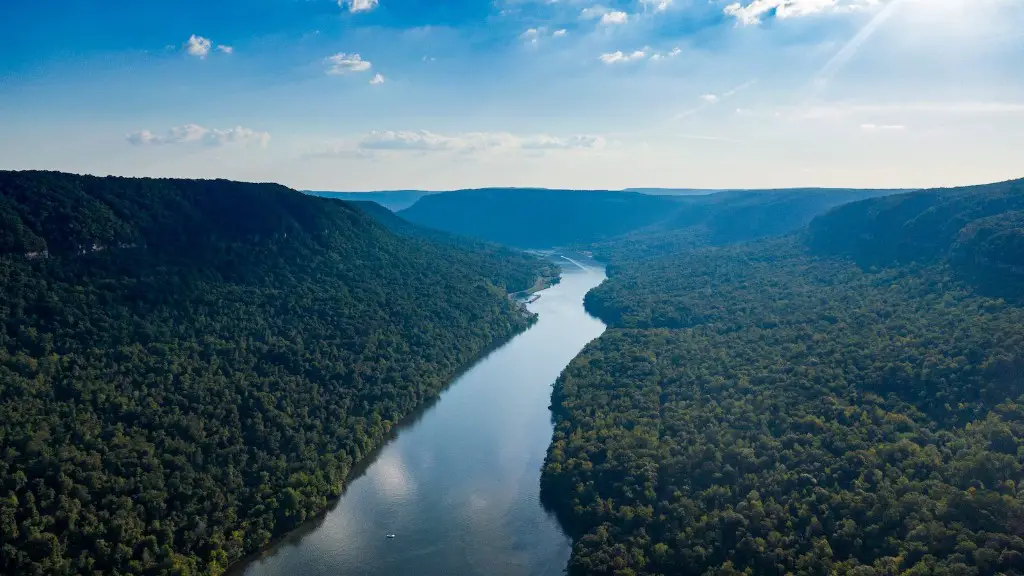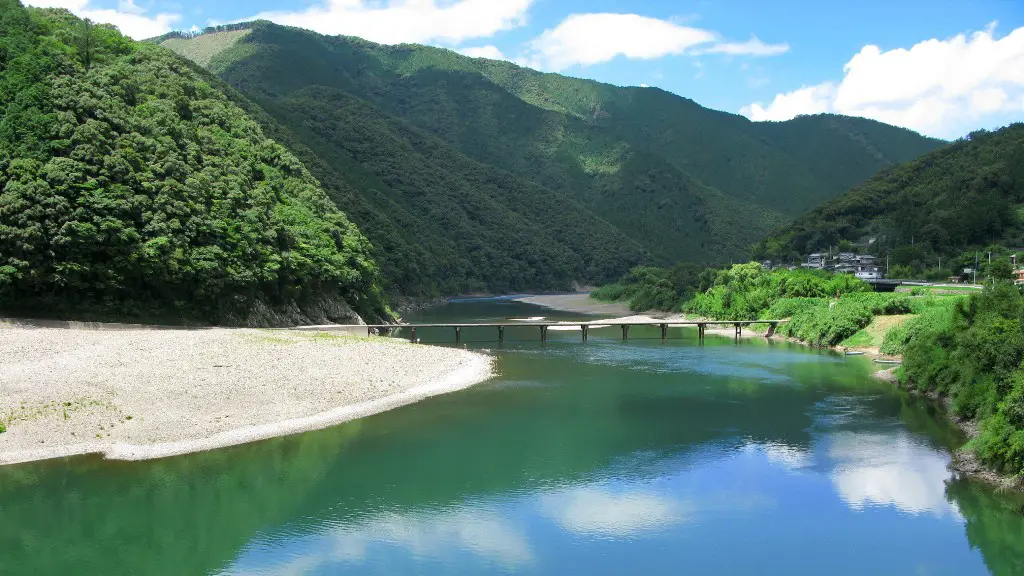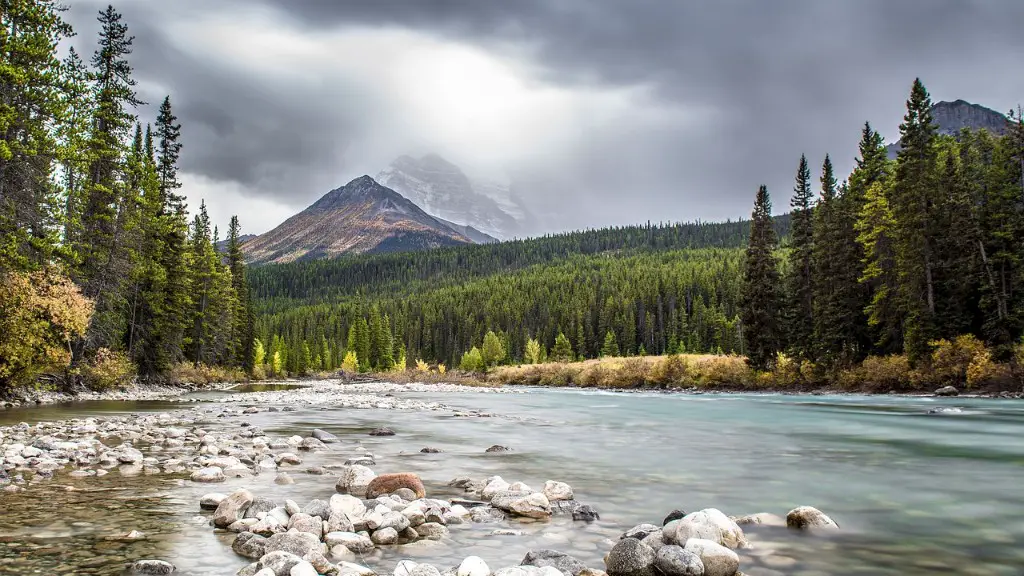Introduction
The Mississippi River, the second-longest river in all of North America, is one of the most vital waterways in the United States. It originates in Lake Itasca in Northern Minnesota and runs right across the country, eventually emptying into the Gulf of Mexico near New Orleans. It is a major part of the country’s transportation system and had a huge influence on the course of the nation’s development. But what states does the Mississippi River flow through?
History and Significance of the Mississippi River
It is not an exaggeration to say that the Mississippi River has played a significant role in the history of the United States. It has provided Native Americans with a reliable source of food and water since time immemorial, as well as easy access to trade routes with other tribes. In early American history, it also served as a major transportation link for aquatic travel. The Mississippi River has served as a crucial trading route in the country since the 1850’s, and the development of modern cities along it such as Memphis, Tennessee have to do much with the economic and cultural development of the entire region.
States the Mississippi River Flows Through
The Mississippi River passes through multiple states in the United States. As mentioned before, it starts in Lake Itasca in Minnesota and then flows south. It first passes through Iowa and Illinois before it reaches Missouri, then goes past Arkansas, and then Tennessee. After this, it passes through Mississippi and Louisiana, and finally ends in the Gulf of Mexico. The states it passes through form the Mississippi River Basin, and together are home to over 240 million people. In total, the Mississippi River covers a total of 3,700 miles of land in the United States and empties out a total of 1.8 million cubic feet of water every second.
The Mississippi River Delta
The Mississippi Delta is a region at the mouth of the Mississippi River on the Gulf Coast. This region is mostly in Louisiana but also extends into other states such as Mississippi and Alabama. The Mississippi Delta is one of the most important ecosystems in the United States and is home to thousands of species of plants and animals. It is also an important area of industry and commerce, with most of its economic activity centered around the shipping and transportation of goods. The Delta is also an important area for tourism, with many visitors flocking to the area to experience its natural beauty and vibrant culture.
Challenges the Mississippi River Currently Faces
Unfortunately, the quality of the Mississippi River has been steadily deteriorating over the past few decades. The construction of several dams and levees has disrupted the natural flow of the river and has caused a number of problems. One of the main issues is that several species of fish have been unable to reproduce properly due to the changes in the river’s waterways. Furthermore, other forms of pollution have made the river less safe for drinking and swimming. Fortunately, pressure from concerned citizens, researchers, and politicians have resulted in significant changes to help ensure the health of the river in the future.
Preservation Efforts of the River
The Mississippi River is protected by a variety of organizations, including the United States Environmental Protection Agency. The agency has established a number of regulations in place to help keep the river and its estuaries free of pollution. In addition, several states have enacted laws and regulations to keep chemical runoff and other pollutants out of the river. There have also been several initiatives taken to restore and conserve the river’s important habitats. These include restoring wetlands, creating green spaces, and reintroducing certain species of fish into the river.
Environmental Programs Preserving the Mississippi
The Environmental Defense Fund (EDF) has taken a large role in preserving the Mississippi River and its related habitats. The organization has helped create new regulations and policies for limiting pollution in the river and has focused on planting trees and restoring natural wetlands. The EDF also works with farmers to help reduce runoff, connected with them to improve agricultural practices, and has also worked to improve water management in the Mississippi River Basin.
Conclusion
The Mississippi River is an important source of life and commerce in the United States. It serves as a vital transportation route, provides valuable freshwater supplies and is home to thousands of species of plants and animals. It can be damaged by human interference, but a number of organizations and initiatives have been put in place to help ensure its preservation.


